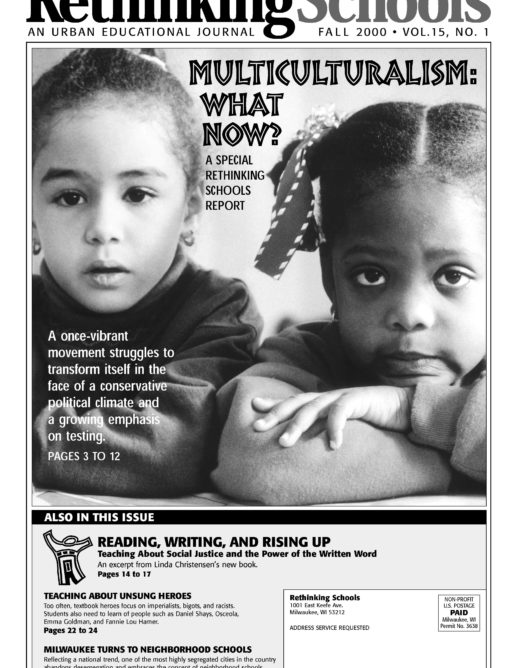Preview of Article:
Controversial Testing Plan Goes to Milwaukee School Board
Later this year the Milwaukee School Board is scheduled to voteon a plan that would more than double the amount of standardizedtesting in the district.
The controversial plan has led to the formation of the Coalitionfor Responsible Assessment (CRA), a group of teachers, parents,and community organizations opposed to increased standardizedtesting.
The coalition is calling on the board to postpone its vote byat least one month and to keep the district’s current assessmentplan in place for the current school year. It is also asking fora year-long dialogue among the central administration, schoolboard, teachers, and parents on how best to develop an assessmentsystem that will improve teaching and learning within the MilwaukeePublic Schools (MPS).
The coalition is organizing four community hearings this Septemberand October to gather public input on testing and assessment inthe district.
The call for increased testing surfaced last spring and initiallyincluded standardized tests for kindergarten and first-grade students.It immediately faced opposition from teachers and parents concernedabout a massive increase in standardized testing – particularlysince Milwaukee has been a national leader in alternative formsof evaluation such as student proficiencies and performance-basedassessments.</p

